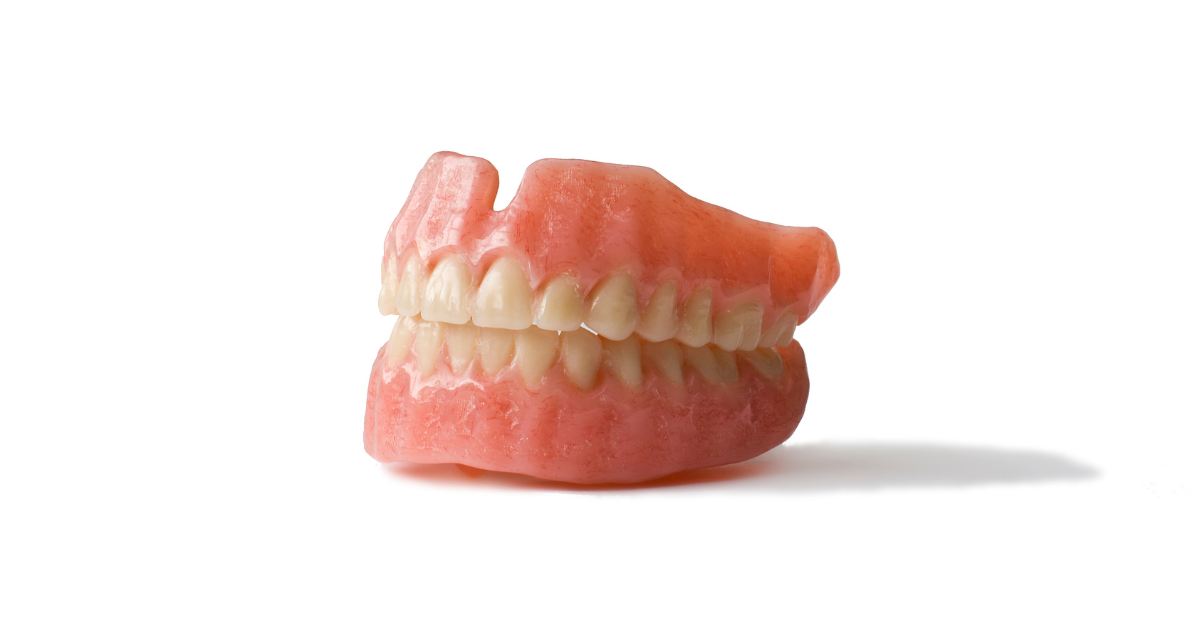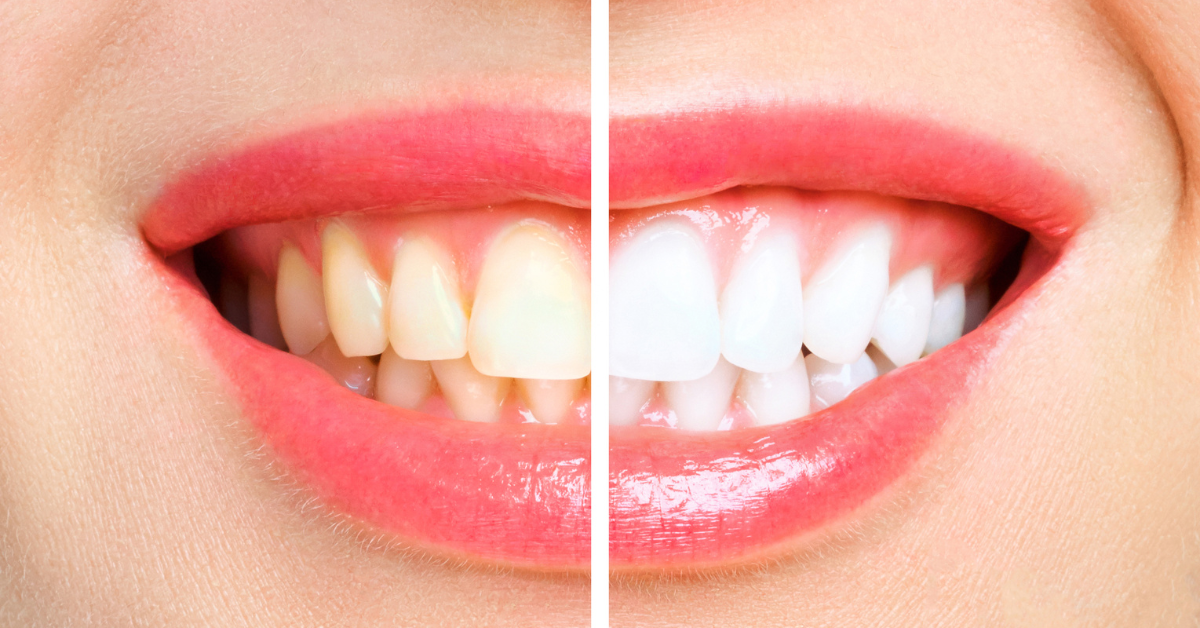Dentures, removable dental prosthetics, play a crucial role in restoring oral function and aesthetics for individuals with missing teeth. While dentures offer significant benefits, questions often arise about the appropriateness of sleeping with them. Understanding the pros and cons of sleeping with dentures can help individuals make informed decisions about their oral health and comfort.
Benefits of Sleeping with Dentures
In some cases, sleeping with dentures can offer certain benefits:
-
Maintaining Facial Structure: Wearing dentures during sleep helps maintain facial structure by preventing the collapse of facial muscles and tissues that can occur when dentures are removed.
-
Enhanced Confidence: For some individuals, wearing dentures while sleeping can enhance self-confidence and promote a sense of normalcy.
-
Prevents Dislodgement: Sleeping with dentures can prevent them from dislodging or becoming misplaced during the night.
Risks of Sleeping with Dentures
However, there are potential risks associated with sleeping with dentures:
-
Gum Irritation: Continuous wear of dentures can contribute to gum irritation, inflammation, and potential overgrowth due to the constant pressure and friction.
-
Bacterial Buildup: Overnight wear can lead to bacterial buildup under the dentures, increasing the risk of gum disease, bad breath, and potential infections.
-
Bone Loss: Long-term denture wear can contribute to bone loss in the jawbone, which can affect the fit and stability of the dentures over time.
Recommendations for Sleeping with Dentures
To minimize the risks of sleeping with dentures, consider these recommendations:
-
Consult Your Dentist: Discuss your concerns with your dentist to determine if sleeping with dentures is appropriate for your individual oral health needs.
-
Maintain Proper Hygiene: Ensure proper cleaning and care of your dentures, including regular brushing, soaking, and rinsing, to prevent bacterial buildup.
-
Consider Overnight Removal: If possible, remove your dentures for at least 6-8 hours each night to allow your gums and tissues to rest and recover.
-
Monitor Oral Health: Schedule regular dental checkups to monitor your oral health and assess the fit and condition of your dentures.
Alternative Options for Sleeping with Dentures
For those who prefer not to sleep with dentures, alternative options may include:
-
Denture Liners: Soft, flexible liners can provide cushioning and reduce friction between the dentures and gums.
-
Denture Adhesives: Using denture adhesives can help keep the dentures securely in place, reducing the risk of dislodgement.
-
Mouthguards: Wearing a mouthguard can protect dentures from damage due to clenching or grinding teeth during sleep.
Conclusion
The decision of whether or not to sleep with dentures depends on individual circumstances and oral health considerations. Consult your dentist to discuss the potential benefits and risks and determine the most appropriate approach for your specific needs. By following recommended guidelines and maintaining proper denture care, you can ensure optimal oral health and comfort while enjoying the benefits of dentures. Please find the dental office near you in these locations: Attleboro, Chelmsford, Hyde Park, Jamaica Plain, Lynn, Manchester, Methuen, Roslindale, Taunton.




